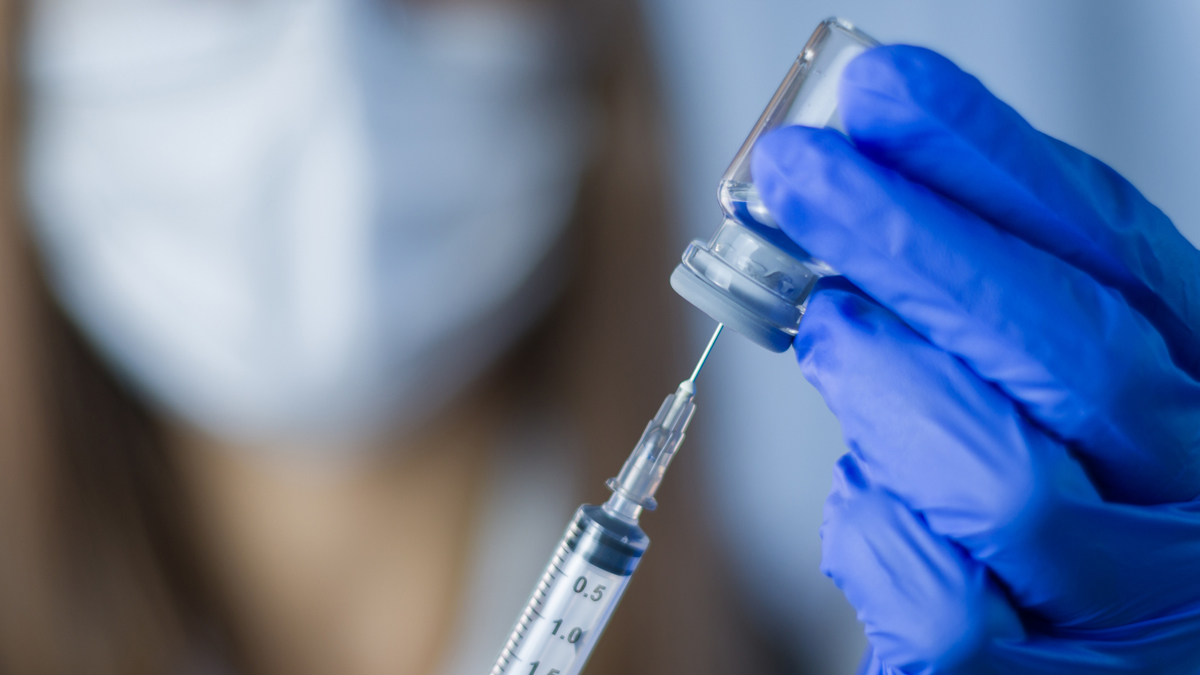Ionis and Roche to develop RNAi AMD drug in $760m deal

Ionis and Roche have struck a deal worth up to $760 million (£575 million) to develop a drug to treat advanced age-related macular degeneration (AMD), a leading cause of blindness.
The companies entered an agreement involving an upfront payment of £56.9m from Roche, plus royalties of up to 20% if the medicine makes it to market, which could potentially take the value of the deal up to £575m.
Biotech firm Ionis Pharmaceuticals wants to develop its RNA-based drug to study its effects on a phase 2 dry AMD study of IONIS-FB-LRx.
This type of therapy is known as antisense technology. It works when a selective tool turns off a gene off via RNA disruption, once it has been established that a particular genetic sequence is causing a health problem.
AMD is the most common cause of poor sight and blindness in older people. It usually affects those in their 50s and 60s and can progress through a succession of stages.
The disease is deemed either ‘wet’ or ‘dry’. Most cases are classified as ‘dry’ – the leading cause of blindness in the US and developed countries. Advanced AMD, known as geographic atrophy (GA) occurs during the advanced stage of dry AMD.
GA can cause patients to gradually lose retinal pigment epithelial (RPE) cells, photoreceptor cells and choriocapillaries in the central retina. This causes problems with facial recognition, reading and driving at night.
Brett Monia, chief operating officer at Ionis, said the collaboration is designed to maximise both the potential benefit to patients and the likelihood of success, while optimising the firm’s commercial participation in IONIS-FB-LRx.
“This new agreement builds upon our productive relationship with Roche on IONIS-HTTRx (RG6042), an antisense drug for the treatment of people with Huntington’s disease,” he said.
“Our antisense technology is the first to demonstrate robust, dose-dependent and sustained reduction of FB in a clinical study. We believe that we have found the right partner whose experience in retinal disease drug development and commercialisation will enhance our efforts to effectively develop IONIS-FB-LRx for patients who currently have no adequate treatment options.”
It is estimated that more than five million people worldwide suffer from GA, a disease for which there is currently no cure.
Roche now has the option to license IONIS-FB-LRx when the studies are complete and will, if the drug is approved, be responsible for all global development and commercialisation activities.













